Today’s guest blogger is Marsha Semmel, director of strategic pPartnerships at the Institute for Museum and Library Services.
In late January, I joined several museum professionals (including CFM’s Elizabeth Merritt!) and approximately ninety other ‘thought leaders’ from around the world in Austin, Tex., for the Horizon Project’s tenth anniversary retreat. Over the past decade, the New Media Consortium (NMC) and its partners have produced a series of Horizon Reports that chart trends and developments in education and learning technology in the worlds of higher education, K-12, and museums. The Reports have been translated into 27 languages with more than one million downloads.
In 2010 and 2011, the New Media Consortium produced “museum editions” through a co-production arrangement with the Marcus Institute for Digital Education in the Arts (MIDEA). As the outside skies roiled with fast-moving tornadoes and fierce thunderstorms, the mix of experts in the room—representing research, technology, schools, museums, universities, corporations and foundations—churned up our own dynamic energy. Retreat chairs Dr. Larry Johnson, CEO of the NMC and Dr. Lev Gonick, VP and CIO at Case Western Reserve University and Board Chair Emeritus of the NMC, led us to posit the future of technology and learning and identify and defend the key technology-related ‘metatrends’ that will impact learning and education in the next decade.
Interspersed throughout the lively and interactive plenary and small group conversations were mini-TED-like talks that were designed to drill down on certain topics and provoke the discussion. I was privileged to present one of them, offering my views on the contributions of (and challenges for) museums (and libraries) in the evolving, technology-influenced, learning ecosystem.
Skip over related stories to continue reading articleAt the conclusion of the retreat—through vigorous debate, visualization, push-backs and “push-forwards”—some 28 megatrends were identified as “ones to watch” around the intersections of technology adoption and learning. Among the top ten:
- People expect to work, learn, socialize, and play whenever and wherever they want to.
- Openness—concepts like open content, open data, and open resources, along with notions of transparency and easy access to data and information—is moving from a trend to a value for much of the world.
- Legal notions of ownership and privacy lag behind the practices common in society.
- There is a rise in informal learning as individual needs are redefining schools, universities, and training.
- Business models across the education ecosystem are changing.
During the retreat, new relationships were formed and insights achieved. And the sun was shining when, our work concluded and our brains both stimulated and drained, we boarded our cabs and buses back to the airport!
You can read the full communique from the retreat at http://www.nmc.org/news/download-communique-horizon-project-retreat.
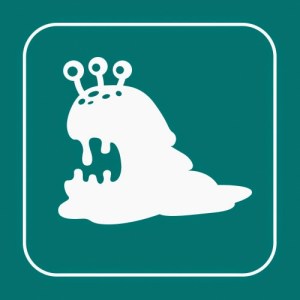
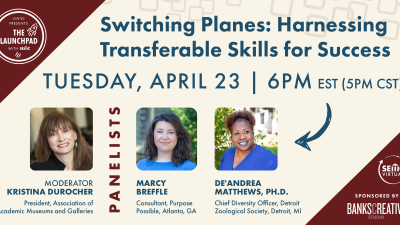
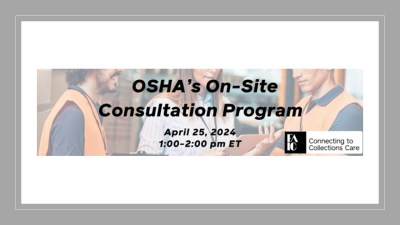
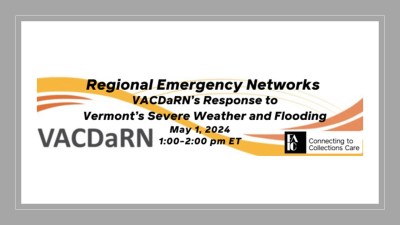
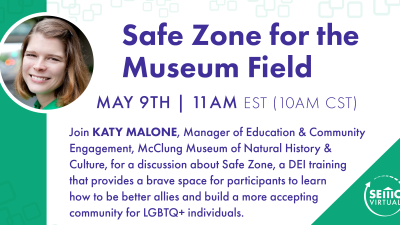

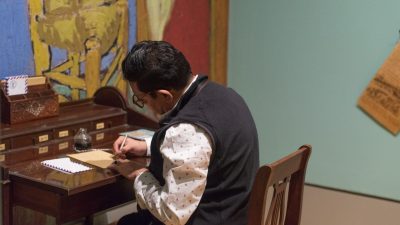


Comments